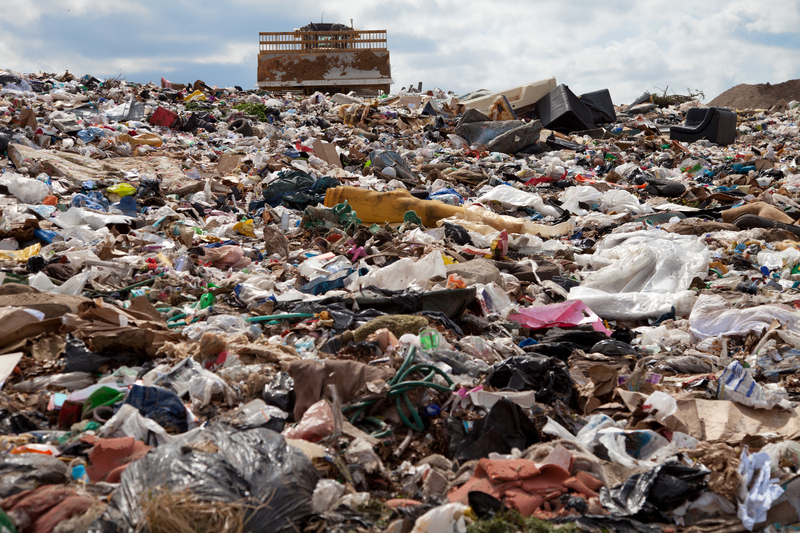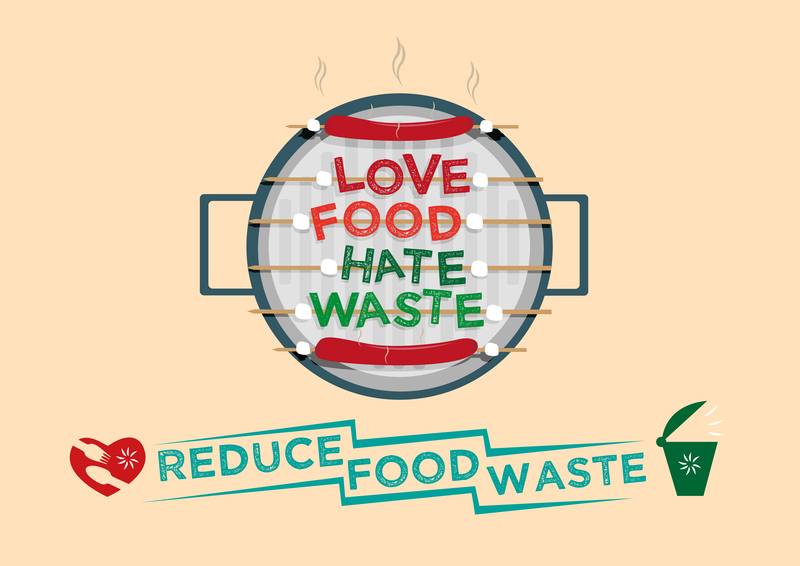Innovative Approaches to Teaching Kids About Recycling
Recycling education for children has never been more important. Instilling eco-friendly habits at an early age not only benefits the planet but also helps raise a generation of environmentally conscious citizens. Traditional teaching methods can sometimes fall flat, so educators and parents must embrace creative and innovative ways to teach kids about recycling. This comprehensive guide explores dynamic strategies, hands-on activities, digital resources, and collaborative projects to engage students and make learning about sustainability truly meaningful.
Why Early Recycling Education Matters
Teaching kids about recycling from a young age builds lifelong habits. When children understand the environmental impact of their actions, they are more likely to make mindful choices as adults. Moreover, hands-on recycling lessons can boost problem-solving skills, encourage teamwork, and foster a sense of responsibility. Innovative approaches to recycling education ensure that these lessons stick and empower children to become environmental champions.
Key Benefits of Teaching Kids About Recycling
- Builds environmental awareness early in life
- Encourages critical thinking and problem-solving
- Promotes team collaboration through group activities
- Develops responsibility and accountability
- Fosters creativity through art and upcycling projects
- Engages students with practical, real-world challenges

Game-Based Learning: Making Recycling Fun
Kids naturally love games, so incorporating recycling activities for children within a playful framework can help promote environmental understanding effortlessly. Game-based learning transforms abstract concepts into interactive experiences, making it easier for children to grasp recycling principles.
Examples of Recycling Games
- Recycling Sorting Relays: Teams race to sort items into correct bins (plastic, glass, paper, compost). This active game reinforces recycling categories and proper waste separation.
- Board Games and Classroom Challenges: Try commercial games like "Recycle Rally" or create your own classroom recycling board game. This approach motivates friendly competition and discussion.
- Digital Recycling Quizzes: Use online platforms or apps with interactive recycling quizzes to cater to tech-savvy children and keep lessons engaging.
Key Takeaway: By turning recycling into a game, children associate environmental stewardship with fun and teamwork.
Hands-On Projects and Creative Crafts
Innovative recycling lessons often emphasize hands-on learning. Hands-on activities allow students to see the impact of recycling firsthand and encourage creative problem-solving. These practical projects engage multiple senses and help children make tangible connections with sustainability concepts.
Ideas for Creative Recycling Projects
- Upcycled Art Sessions: Have children collect clean waste materials like bottle caps, cartons, and paper tubes. Challenge them to create imaginative sculptures, collages, or usable objects such as pencil holders. Highlight the value of reusing materials instead of throwing them away.
- Recycling Science Experiments: Demonstrate the decomposition of different materials in a "mini-landfill" setup. Compare how long various items take to break down, and discuss the importance of recycling.
- Eco-Inventions Challenge: Invite kids to invent a new product using only recycled materials. Present their creations to classmates or parents, fostering public speaking and innovation.
Bonus Tip: Display students' recycled creations in a school or community exhibit to boost pride and awareness.
Integrating Recycling Education with STEM Subjects
Recycling isn't just about throwing things in the right bin--it's a powerful way to teach children about science, technology, engineering, and math (STEM). Combining recycling with STEM lessons deepens understanding and shows students the larger environmental and societal framework.
STEM-Based Recycling Activities
- Engineering a Compost Bin: Work together to design, build, and monitor a class compost bin. Track decomposition rates, analyze results, and experiment with variables (like temperature and moisture).
- Math in Action: Calculate how much waste is recycled at home or school. Use graphs and statistics to visualize progress or set monthly goals.
- Technology Integration: Research and discuss different types of recycling technologies--like automated sorting facilities--or take virtual field trips to recycling plants with interactive videos.
Take It Further: Connect recycling lessons with broader sustainability topics, such as renewable energy or water conservation, for a comprehensive environmental curriculum.
Storytelling, Books, and Environmental Role Models
Stories are a powerful tool for childhood education. By sharing compelling narratives about recycling and sustainability, educators can inspire empathy and a personal connection to environmental issues.
Suggestions for Story-Based Activities
- Storytime with a Message: Read popular children's books focused on recycling, like "Michael Recycle" or "The Adventures of a Plastic Bottle." Pause to discuss the story's lessons.
- Create Your Own Stories: Guide children in writing or illustrating their own recycling-themed adventures. Encourage them to share how they can be heroes in their own communities.
- Highlight Environmental Role Models: Introduce kids to youth activists and eco-leaders, like Greta Thunberg or local recycling champions, through books or videos. Role models make positive behavior relatable.
Community Involvement and Real-World Impact
To cement recycling education, it's crucial to connect classroom lessons to real-world impact. Community projects empower students to apply what they've learned and see tangible results. These activities not only build a sense of pride but also foster ongoing enthusiasm for sustainability.
Ideas for Community-Oriented Recycling Initiatives
- School Recycling Drives: Organize a competition to collect electronics, batteries, paper, or plastic bottles. Share monthly results and celebrate the most improved classes.
- Neighborhood Clean-Up Days: Plan litter-picking events or "plogging" (jogging while picking up waste). Team activities reinforce the idea of keeping shared spaces clean.
- Partner With Local Businesses: Arrange field trips to recycling centers or invite guest speakers from sustainability organizations.
Leveraging Technology and Digital Resources
Modern recycling education benefits from a wealth of digital tools and online resources. Interactive experiences, educational apps, and virtual reality simulations can enhance engagement and make concepts more accessible for tech-centric students.
Top Digital Resources for Recycling Education
- Apps and Online Games: Educational platforms like "Recycle Roundup" or "Sort the Recycling" turn learning into immersive entertainment.
- Virtual Tours: Take students on a digital journey through recycling facilities, composting plants, or upcycling centers via YouTube or VR apps.
- Downloadable Activity Sheets: Many environmental organizations offer free printable coloring pages, puzzles, and worksheets focused on recycling for students of all ages.
- Interactive Quizzes and Challenges: Test knowledge with Kahoot! or Quizlet flashcards about materials, symbols, and recycling processes.
Pro Tip: Integrate technology into recycling lessons while teaching kids about digital responsibility--reduce electronic waste by recycling old devices responsibly.
Inclusive Teaching: Adapting to All Learners
Diverse classrooms require flexible, inclusive teaching strategies. Innovative approaches must account for different learning styles, access needs, and backgrounds. This ensures that every child can understand and engage in recycling and sustainability education.
Tips for Inclusive Recycling Lessons
- Multi-Sensory Techniques: Use audio, visuals, and tactile materials to reach auditory, visual, and kinesthetic learners.
- Bilingual Materials: Provide recycling guides and posters in multiple languages for multilingual classrooms.
- Peer Teaching: Older students or siblings can mentor younger children, modeling recycling behaviors and building confidence.
- Accessibility: Adapt lessons with large-print materials or hands-on tools for children with special needs.
Measuring Progress: Keeping Kids Motivated
Tracking progress and celebrating achievements are key to sustaining enthusiasm. Recognition and rewards can make recycling education competitive and fun while reinforcing positive habits.
Ideas for Motivation and Assessment
- Progress Charts: Keep a visible classroom chart to track recycling metrics, like the number of bottles collected or waste diverted from landfill.
- Recycling Awards: Recognize students or teams for their creativity, consistency, or leadership in recycling initiatives.
- Reflective Journals: Encourage students to record their personal recycling efforts and feelings about sustainability issues.
Remember: Making progress visible keeps students inspired and helps educators adjust lessons for better impact.

Overcoming Challenges in Recycling Education
Every innovative recycling program will encounter challenges, from limited resources to misinformation or lack of community support. By addressing obstacles head-on, educators and parents can ensure that kids' recycling education is resilient, relevant, and sustainable.
Common Barriers and Solutions
- Limited Facilities: If recycling bins or programs are unavailable, start small with classroom sorting boxes or home-based projects.
- Misinformation: Teach the basics of local recycling rules--what can and cannot be recycled--using simple visuals and repetition.
- Low Engagement: Use the innovative techniques discussed--such as games, crafts, and digital tools--to reignite interest.
- Family Involvement: Encourage take-home projects and informative newsletters to get parents involved in recycling goals.
Conclusion: Building a Greener Future Together
Innovative approaches to teaching kids about recycling are not only about imparting facts; they shape habits, values, and mindsets for a more sustainable world. By blending creativity, community involvement, hands-on learning, and digital resources, educators and parents can transform environmental education from a chore into a lifelong passion.
Whether through playful activities, STEM integration, real-world projects, or inclusive teaching, the journey of empowering the next generation of recyclers is both vital and exciting. The time to start is now--because every small lesson today is a giant leap towards a cleaner, greener tomorrow.
- Inspire action--every effort counts!
- Explore, experiment, and involve kids in real-world recycling.
- Celebrate successes and keep the momentum going for lasting change.
Together, we can nurture children's curiosity, turn education into action, and create a future where recycling is second nature to all.